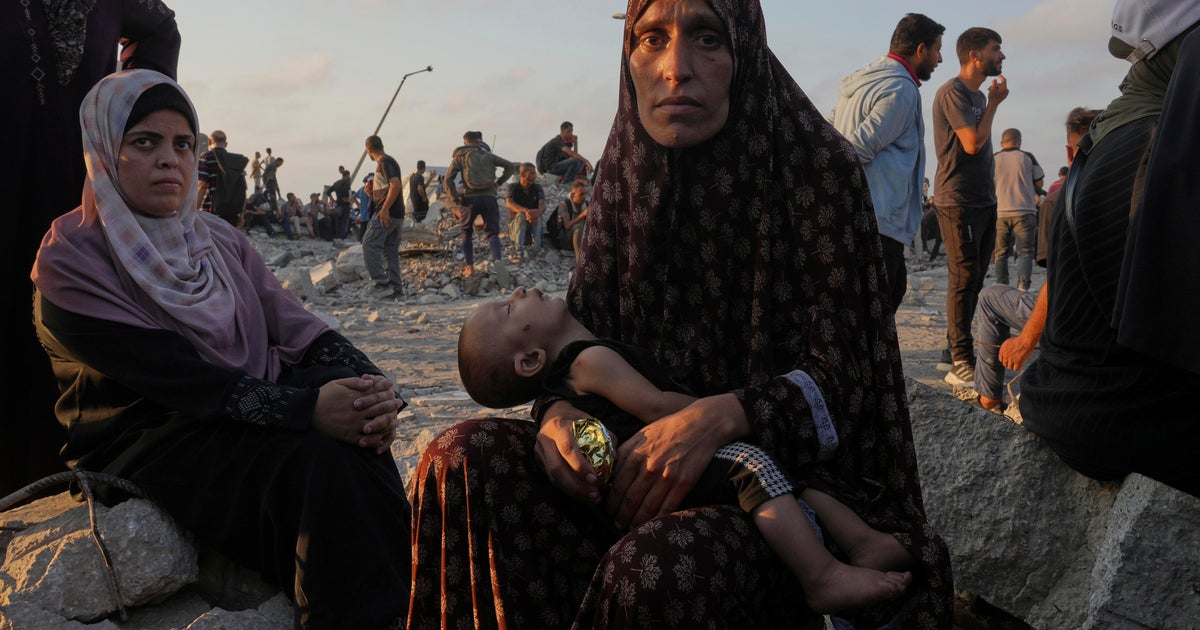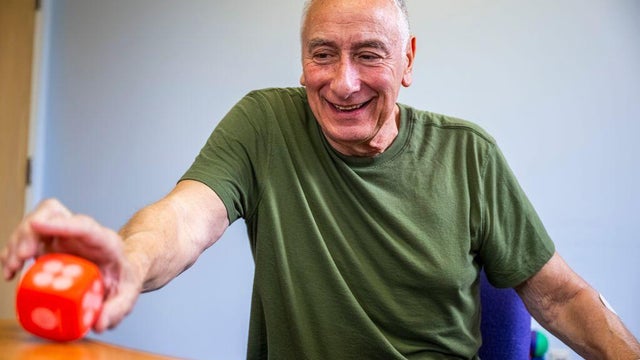

Fresh Israeli airstrikes on the Gaza Strip have reportedly killed at least 25 Palestinians, escalating the already dire humanitarian crisis in the besieged territory. The strikes, which targeted several locations across Gaza, including residential areas, have sparked widespread condemnation from international organizations and human rights groups. The death toll is expected to rise, with many injured individuals in critical condition. This latest escalation comes amidst a growing sense of despair, fueled by the United Nations' alarming announcement of a potential famine in Gaza. The UN's warning, highlighting the crippling blockade's impact on food supplies, medical resources, and basic infrastructure, adds immense pressure on the international community to intervene. The ongoing conflict has severely disrupted essential services, leaving hundreds of thousands of Gazans facing shortages of food, water, and medicine, and struggling to cope with widespread power outages. The Israeli government has justified its actions, citing ongoing rocket fire from Hamas, but the disproportionate civilian casualties have raised serious questions about the proportionality of its response. The targeting of civilian infrastructure, if confirmed, would constitute a violation of international humanitarian law. International calls for a ceasefire are growing louder, with growing concerns that the escalating violence risks pushing Gaza into a complete humanitarian collapse. The potential famine adds a critical new dimension to the crisis, suggesting that the conflict’s consequences extend far beyond immediate casualties and into a prolonged era of suffering and potential societal breakdown. The situation demands urgent international action to prevent further loss of life and avert a full-blown humanitarian catastrophe.

Palestinians sheltering in tents or seeking scarce food aid were among at least 25 people killed by Israeli strikes and shootings Saturday in Gaza, according to local hospitals, as the world confronted an that famine is now gripping Gaza's largest city.
The famine determination by the world's leading authority on food crises galvanized governments and aid groups to intensify pleas for Israel to halt its 22-month offensive on Gaza, prompted by Hamas' Oct. 7, 2023, attacks. Aid groups have warned for months that the war and Israel's into Gaza are causing starvation among civilians.
Israel denounced the famine declaration as lies and the military is pressing ahead with preparations to . Efforts toward a ceasefire that could forestall the offensive are on hold as mediators await Israel's next steps.
Israeli strikes killed at least 14 people in the southern Gaza Strip early Saturday, according to morgue records and health officials at Nasser Hospital. The officials said the strikes targeted tents sheltering displaced people in Khan Younis, which became home to hundreds of thousands who had fled from elsewhere in Gaza. More than half of the dead were women and children.
Awad Abu Agala, uncle of two children who died, said no place in Gaza is now safe.
"The entire Gaza Strip is being bombed ... In the south. In the north. Everywhere," Abu Agala told The Associated Press, saying the children were targeted overnight while in their tents.
A grieving relative, Hekmat Foujo, pleaded for a truce.
"We want to rest," Foujo said, fighting through her tears. ''Have some mercy on us.''
In northern Gaza, Israeli gunfire killed at least five aid-seekers Saturday near the Zikim crossing with Israel, where U.N. and other agencies' convoys enter the enclave, health officials at the Sheikh Radwan field hospital told the AP.
Six people were killed in other attacks on Gaza elsewhere Saturday, according to hospitals and the Palestinian Red Crescent.
The Israeli military did not immediately respond to questions about the deaths.
A report by the Integrated Food Security Phase Classification, or IPC, said Friday that Gaza City is gripped by famine that is likely to spread if fighting and restrictions on humanitarian aid continue.
It was a highly rare pronouncement by the group, its first in the Middle East, and came after Israel imposed a 2 1/2-month blockade on Gaza earlier this year, then eased access with a focus on a new U.S.-backed private aid supplier, the , or GHF.
In response to global outrage over images of emaciated children, Israel in recent weeks has allowed airdrops and a new influx of aid entering by land, but U.N. and other aid agencies say the quantity of food reaching Gaza is still insufficient.
AP journalists have seen chaos and security problems on roads leading to aid delivery points, and there have been reports of Israeli troops . Israel's military says they fire warning shots if individuals approach the troops or pose a threat to soldiers.
The IPC said nearly half a million people in Gaza, about one-fourth of the population, face catastrophic hunger that leaves many at risk of dying. It said hunger has been magnified by widespread displacement and the collapse of food production.
Netanyahu's office denounced the IPC report as "an outright lie,'' and accuses Hamas of starving the hostages. Israel says it has allowed enough aid to enter during the war.
With ground troops already active on the edges of Gaza City, a could start within days.
Aid group Doctors without Borders, or MSF, said Saturday its clinics around Gaza City are seeing high numbers of patients as people flee recent bombardments. The group said in a statement that "strikes are forcing people, including MSF staff, to flee their homes once again, and we are seeing displacement across Gaza City."
The Israeli military has said troops are operating on the outskirts of Gaza City and in the city's Zeitoun neighborhood.
Israel says Gaza City is still a Hamas stronghold, with a network of militant tunnels. The city also is home to hundreds of thousands of civilians, some of whom have fled from elsewhere.
Many Israelis fear the assault on Gaza City could doom the who have survived captivity since 2023.
Netanyahu said Thursday he had instructed officials to begin immediate negotiations to release hostages and end the war on Israel's terms. It is unclear if Israel will return to long-running talks mediated by the United States, Egypt and Qatar after Hamas said earlier this week that it accepted a new proposal from the Arab mediators.
Hamas has said it would release captives in exchange for ending the war, but rejects disarmament without the creation of a Palestinian state.
U.S. President Donald Trump expressed frustration with Hamas' stance, suggesting the militant group was less interested in making deals to release hostages with so few left alive.
"The situation has to end. It's extortion, and it has to end," Trump told reporters Friday. "I actually think (the hostages are) safer in many ways if you went in and you really went in fast and you did it."
Gaza's Health Ministry said Saturday that at least 62,622 people have been killed since the war began, including missing people now confirmed dead by a special ministry judicial committee.
The total number of malnutrition-related deaths rose by eight to 281, the ministry said.
A small group of Israelis protested against the far-right national security minister, Itamar Ben-Gvir, as he walked to a synagogue in Kfar Malal, north of Tel Aviv. Videos showed the minister arguing with the protesters.
"We don't want him in our village. Our message is to bring back the hostages," one of the protesters, Boaz Levinstein, told the AP.
Ben-Gvir is a key partner in Netanyahu's political coalition and a staunch opponent of reaching a deal with Hamas, which hostages' families see as the only way to secure the release of loved ones.





